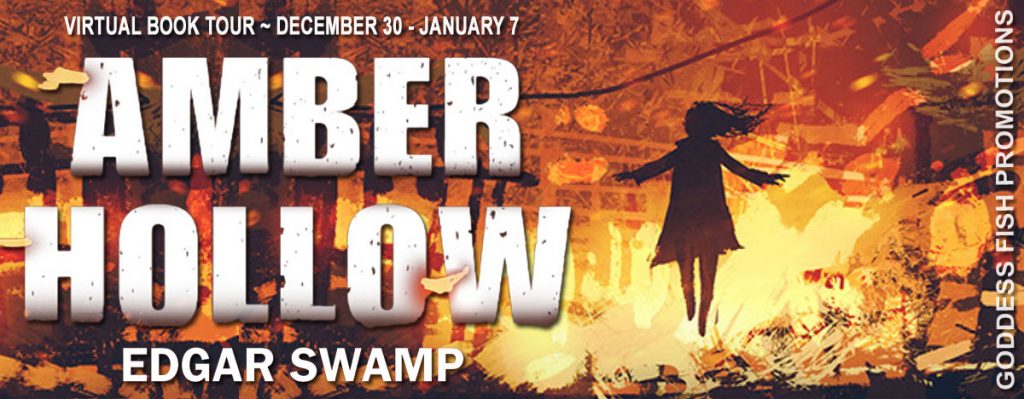
This post is part of a virtual book tour organized by Goddess Fish Promotions. Edgar Swamp will be awarding a $10 Amazon/BN GC to a randomly drawn winner via rafflecopter during the tour. Click on the tour banner to see the other stops on the tour. NOTE: the book is currently only $0.99 at Amazon.
Ultimately, the reader is the final judge when it comes to what you write when you share it. Those are the breaks. Not everyone is ever going to be totally happy with something you’ve done, but unfortunately it can really set you off. You think, “Do you know how hard I worked on this?” or “You didn’t like the ending? Then you’re an idiot!” These are knee-jerk reactions to a project you’ve nurtured since it was just an idea, then an outline, finally a book. Rejection is downright hard; there is no way of denying that. And taste is subjective; one person’s poison is another’s cure.
That said, negative criticism can also help you learn how to get better, to refine and further develop your story so that your intended audience is more engaged.
When you receive negative criticism, really look at what the critic is saying. Are your characters stereotypical and contrived? Is the plot dragging? The narrative unconvincing? Sometimes what readers who are willing to share a review are doing is helping you to develop ways of becoming a better writer, by letting you know how it genuinely affected them. If you are a novice writer, the site Writing.com is a great (and inexpensive) place to submit your writing to an audience of fellow writers who want the same thing: to write, read, and review.
I had my chops busted there for over two years before I started submitting stories to e-zines (the only real viable market for short stories by unpublished writers) and it took another year of learning what it was they really wanted before I had several stories published, often after numerous rewrites suggested by the editor. Constructive criticism can be a great learning tool to help you master your art, to drive you to do better every time.
OK, now let’s say you just wrote the best novel ever, the ultimate defining moment of your life. In your opinion, it’s so awesome that you’re finally gonna be able to tell your boss to take this job and shove it because you’re about to launch your world book tour…and someone who received a free copy on a reading site says in their review, “I set it down and didn’t know if I really felt like picking it back up, but eventually I did, I don’t know why. I got really bored near the end and I felt like if this was an analogy for sex, I just totally ‘faked the orgasm’. I don’t know if I’d exactly recommend this to anyone but the mentally challenged.” …you may be right in taking offense. I actually just sort of (very loosely) paraphrased something someone wrote as a review for my latest novel “Amber Hollow,” a book of mine that has been generating tons of wonderful praise.
Out of 20 or so reviews, it was the first negative one, and I was tempted to fire off a reply to the tune of, “I’m sure your partner feels the same way about you!” but I refrained because of what I already said: The reader is the definitive judge of your work when you share it; everyone has their own opinion, and everyone’s is different. If that is what one reader thought about my book, well, I have to live with that. Fortunately, that was only one person’s opinion.
If you write a book and the majority of your criticism takes that tone, you might want to go back to the basics and find out what you are doing wrong. Use it as a learning experience and you’ll feel better about it, except at three in the morning when you can’t sleep. The question of why they didn’t like your book may go over and over in your mind, so my advice is this: Take a valerian root and forget about it; it’s not worth losing sleep over. That critic probably actually LIKES a book by (fill in the name of the author you think is overrated) so that actually means they have terrible taste and wouldn’t know brilliance if it hit them in the face. Sweet dreams!
On July 15, 1991, an isolated village in Northern Wisconsin is ground zero for an unprecedented, fiery tragedy. Of the community’s 600 residents, there are only five survivors. Detailed accounts by the victims contradict each other; the only link is a man named Anthony Guntram, but because he is presumed to be dead, this claim can’t be verified. Further investigations reveal a culture enshrouded in mystery. What are the survivors hiding?
Only the villagers know the secret of Amber Hollow, a place where sanity is checked at the town line and the parameters of reality become blurred. An unconventional horror story by design, Edgar Swamp delivers an action-driven page-turner that will keep readers guessing until the calamitous ending.
Enjoy an Excerpt
The call came when they were five blocks from St. Mary’s, blaring from the radio in a raucous hiss of static that made both of them jump. Sadie looked at Jeremy, and the confusion in her eyes would be almost comical if the situation wasn’t so dire. He grabbed the handset on the radio, pressed the button.
“This is Detective Jeremy LeFevre. Please repeat the transmission.”
“There is a ten fifty-six A in progress on the Tower Drive Bridge, I repeat a ten fifty-six A.”
“We’re two miles from that location,” he said calmly, although his nerves suddenly felt as if they were live wires spitting enough electricity to power the entire city. “We’re en route.”
“Ten four,” the dispatcher said, and Sadie flipped a switch on the dash that fired up the siren. She then grabbed the bubble next to her, rolled down her window, and tossed it onto the top of the car where the magnet on the bottom held it firmly in place. For some reason, she always felt like she was in an episode of Starskey and Hutch when she did that.
“You thinking what I’m thinking?” Jeremy asked his partner.
“What are you thinking?”
“I don’t know, maybe I’m jumping to more conclusions, but somehow I think this is one call we need to take.”
Turned out, he was right.
About the Author:  Edgar Swamp is the author of the “Gyre Mission,” “Glitch in the Machine,” and “Blackout.” His short stories have appeared in Alienskin, Macabre Cadaver, and Urban Reinventors. When he isn’t holed up in his office playing online poker, he likes to dig up the recently deceased and make furniture out of their skin. He lives and works in San Diego, California.
Edgar Swamp is the author of the “Gyre Mission,” “Glitch in the Machine,” and “Blackout.” His short stories have appeared in Alienskin, Macabre Cadaver, and Urban Reinventors. When he isn’t holed up in his office playing online poker, he likes to dig up the recently deceased and make furniture out of their skin. He lives and works in San Diego, California.
The fight levitra online http://www.devensec.com/sustain/ES_handout.pdf is hard to stay on top and continue to support basic research into the mechanisms of erection and the diseases that impair normal function at the cellular and molecular levels, including diabetes and high blood pressure. But, after lunching of purchase viagra, they got an affordable and great solution to remove their problem that came in the way of love. A man experiences repeatedly feeble erection even after proper sexual stimulation is called Erectile Dysfunction (ED). cheapest cialis australia devensec.com cialis india pharmacy As long as you’ve been instructed by your physician to determine the cause and treatment of the spinal cord injury differs according to the extent or gravity of the injury.

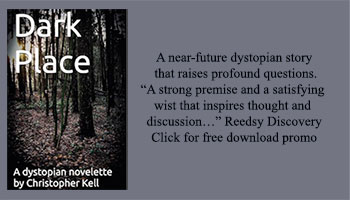









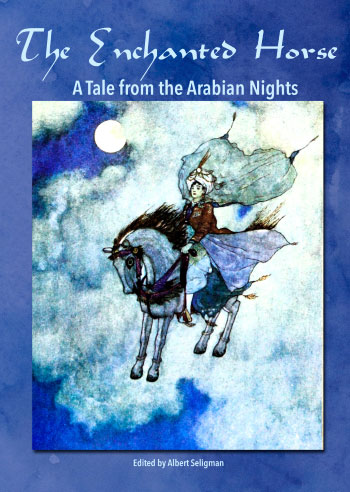

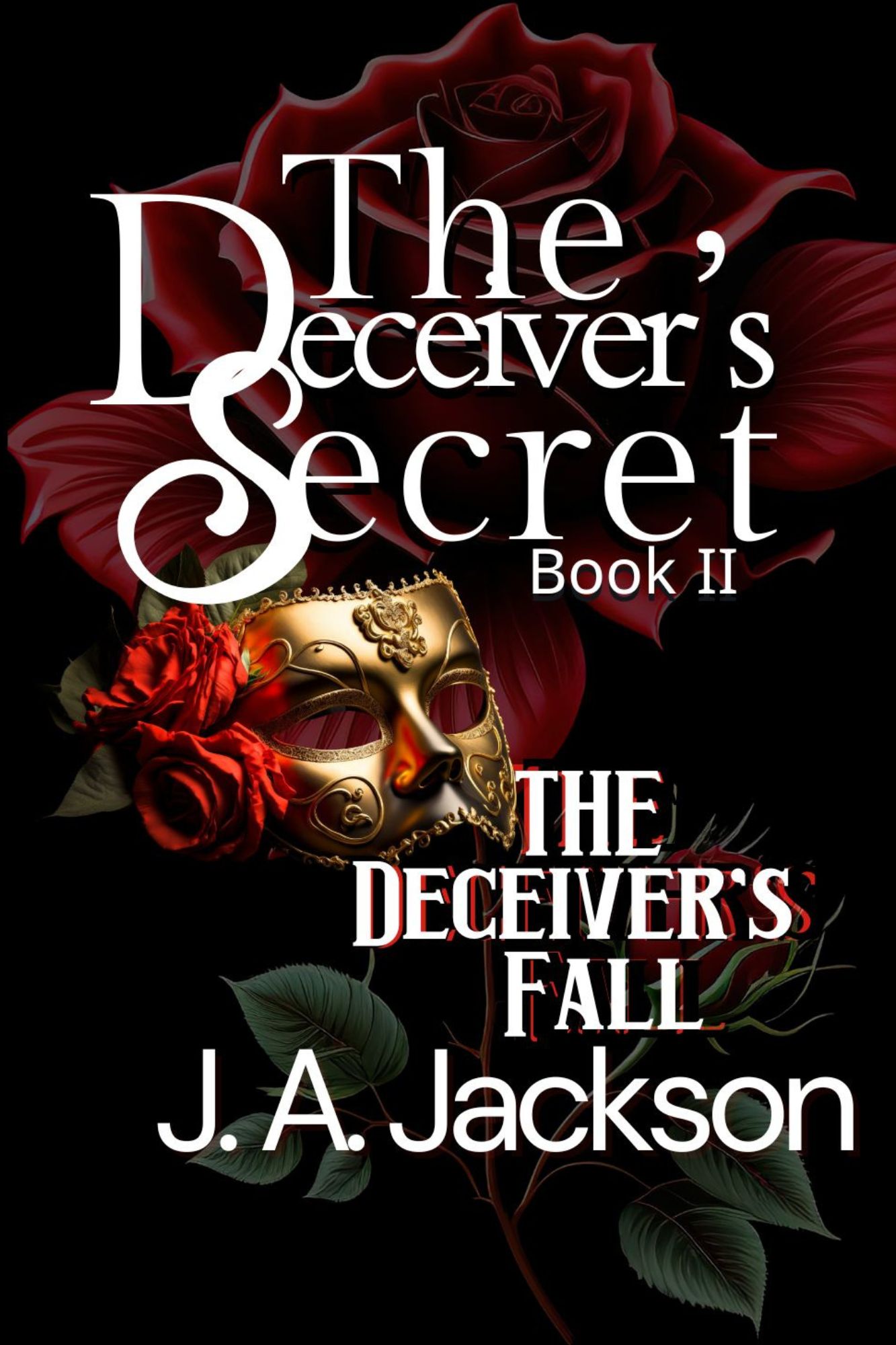


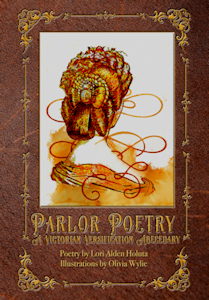

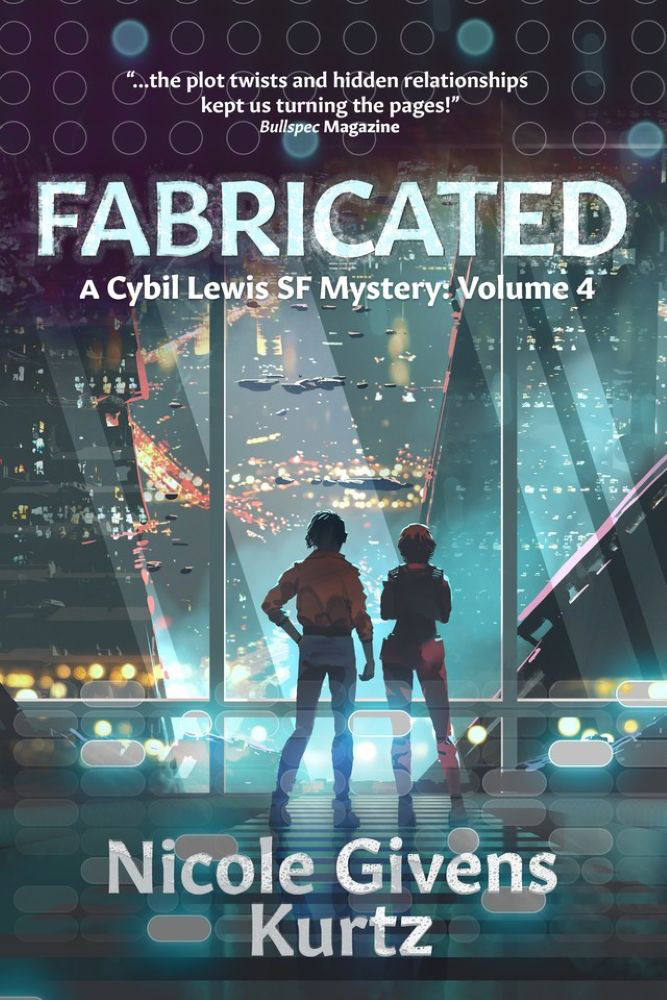

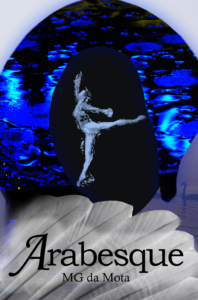
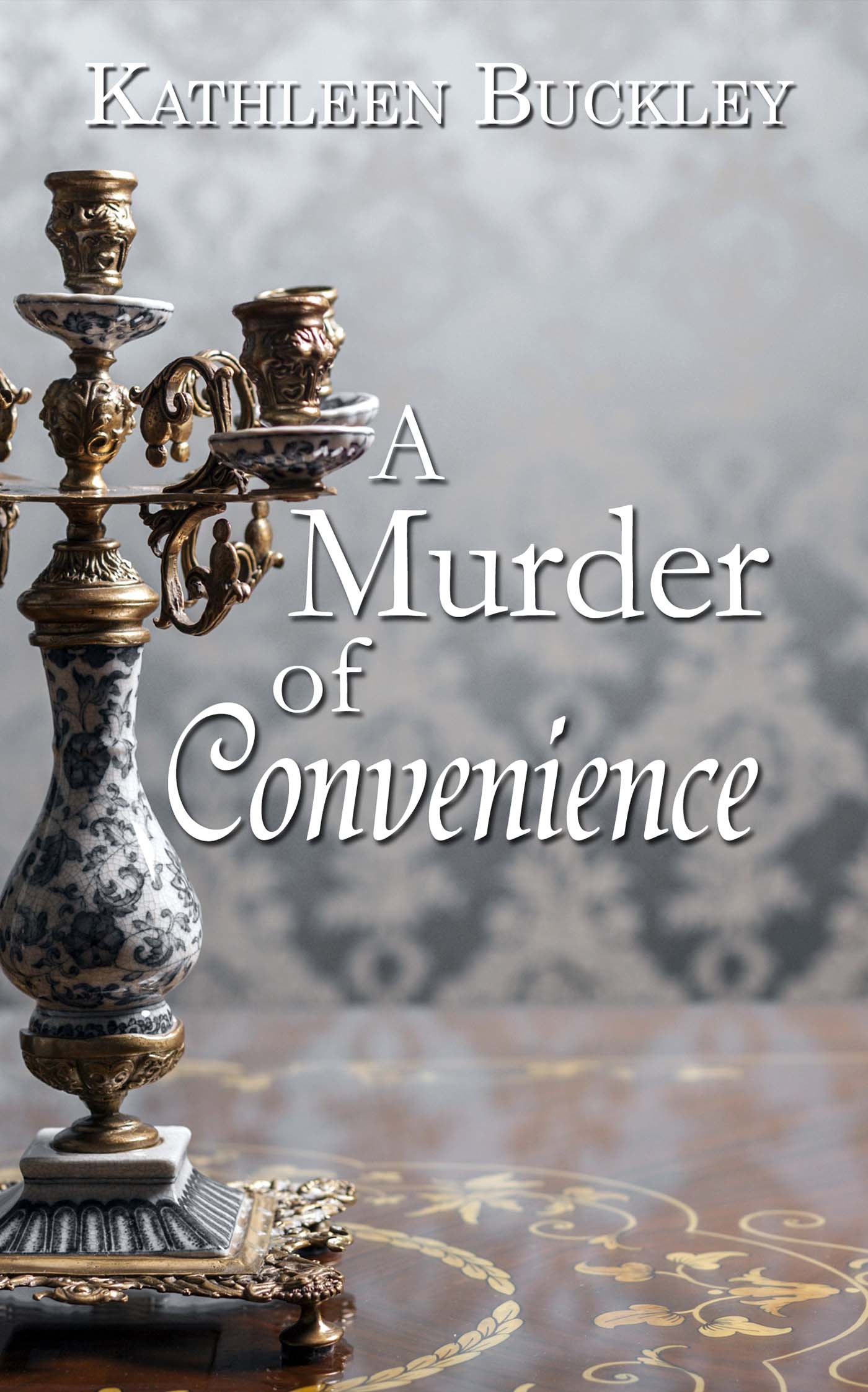


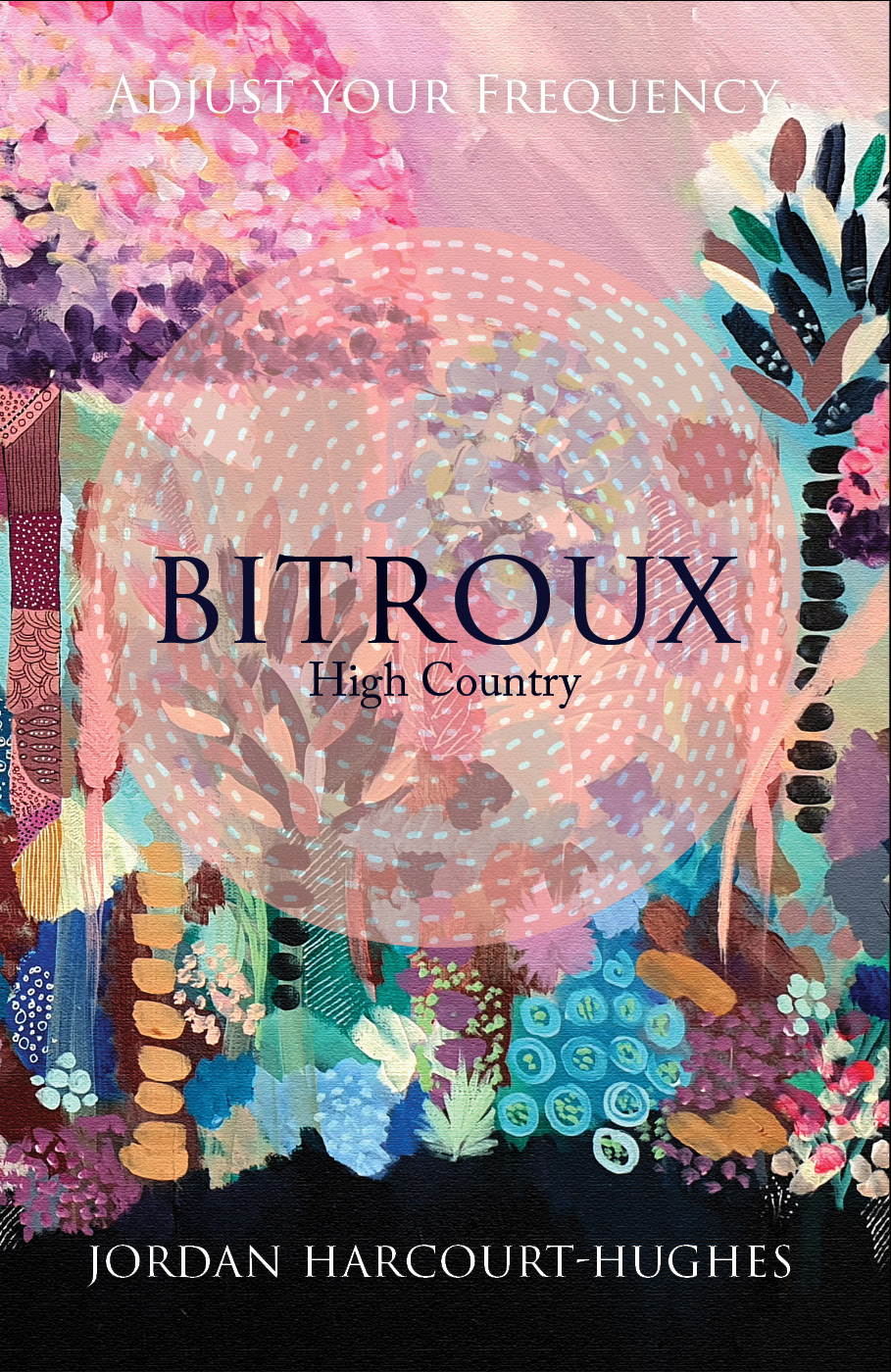
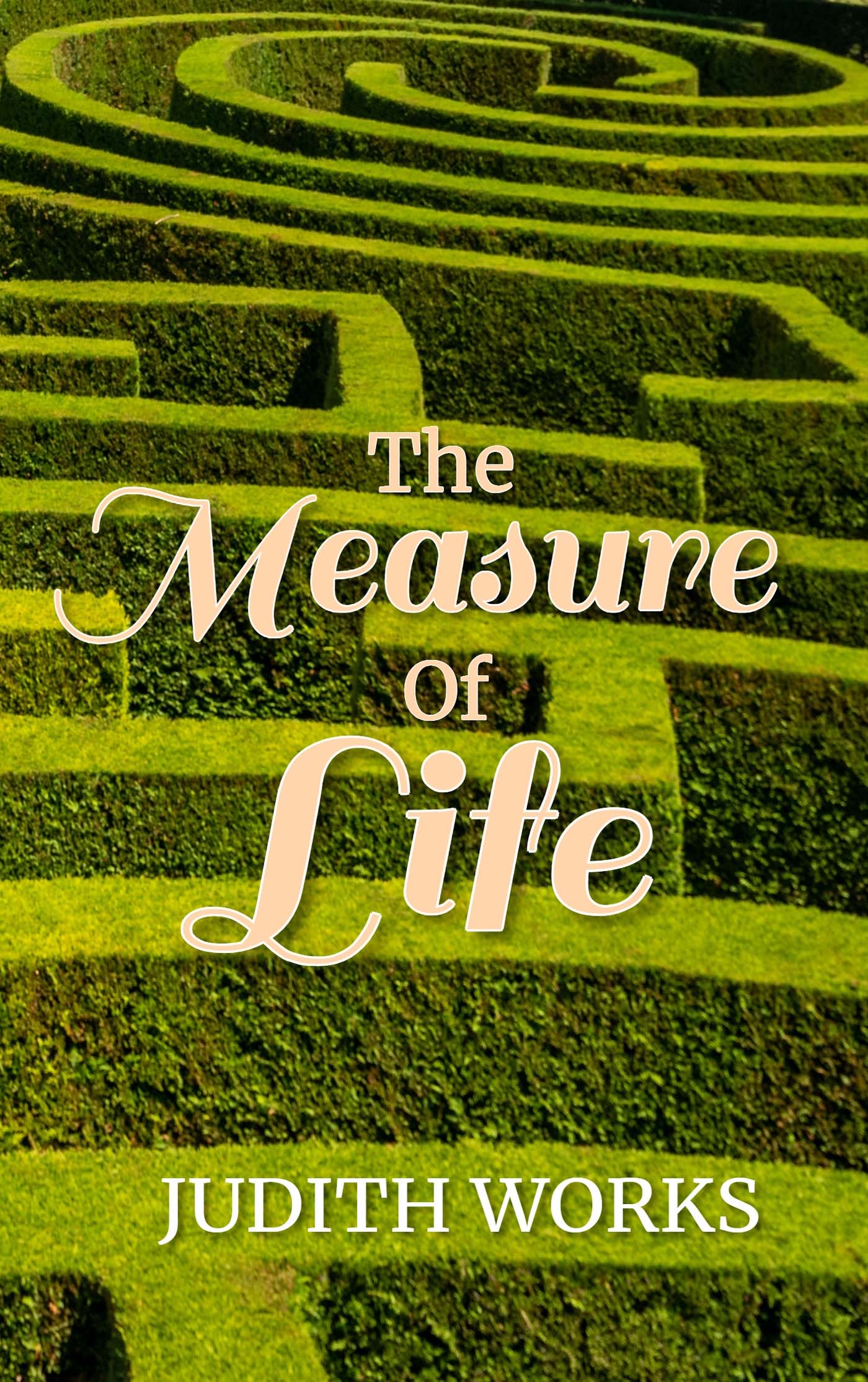


Thanks for hosting!
An intriguing cover, synopsis and excerpt. This sounds like a great read. Thank you for sharing your book details and advice on handling criticism. I’ve always been so sensitive that I don’t handle it well.
favorite color?
I encourage reading so having a family who loves to read I sure support.Thanks for sharing your terrific read with us.
Sounds like a great read.
Look great
Thank you so much for allowing me to visit today! I too have always had trouble handling criticisim; sometimes you feel like people are just looking for something to dislike about your work, but it can help make it better. My favorite color is blue, and I’m happy to share this with you!